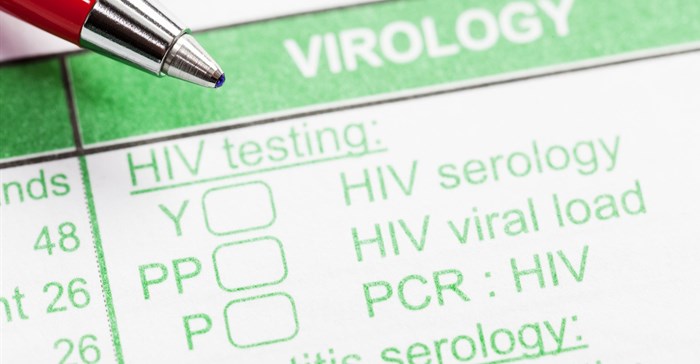
Top stories






More news


Marketing & Media
Ads are coming to AI. Does that really have to be such a bad thing?














This requires that 90% of all people living with HIV will know their status, 90% of all people with diagnosed HIV infection will receive sustained antiretroviral therapy, and 90% of all people receiving antiretroviral therapy will have viral suppression.
While the country is tracking well with the first two requirements, we are not quite at the virally suppressed target, said Dr Moeketsi Mathe at Cipla’s HIV/Aids workshop recently.
He emphasised the importance of adhering to treatment regimens to maintain viral suppression, referring to the U = U (Undetectable = Untransmissable) premise. When a person living with HIV is taking HIV drugs and their viral load has reached undetectable levels (not enough HIV in their bloodstream for a test to measure), that person cannot transmit HIV to a sexual partner who is HIV-negative.
“However, undetectable doesn’t mean no virus. U=U is only true if the first U is true,” he said.
He said this often fails because of what he calls Mathe’s Rule of Seven:
Mathe said that in the past, patients were motivated by the fear of dying, and specifically leaving their children without a parent, and therefore took their antiretrovirals religiously. Now that HIV has been reduced to a chronic disease, people want to live a normal life, which also affects treatment adherence.
The workshop took place on the same day that Health Minister Dr Zweli Mkhize officially launched South Africa’s rollout of the new triple-combination first-line HIV antiretroviral treatment (ART), referred to as TLD, a combination of tenofovir, lamivudine and dolutegravir (DTG). As a result of its multiple benefits (namely improved tolerability and higher barrier of resistance of the virus due to the drugs in the combination pill), the South African government is transitioning patients from TEE (tenofovir, emtricitabine and efavirenz) to TLD.
DTG, an integrase inhibitor approved in the United States by the Food and Drugs Administration (FDA) in 2013, results in the reduction of circulating HIV virus in the blood.
